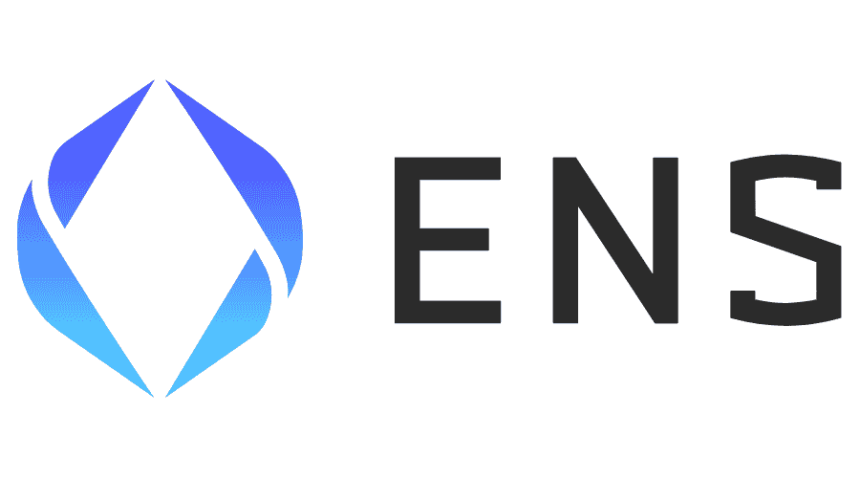Nick Johnson, the founder and lead developer of Ethereum Name Service (ENS), has taken a firm stance against Unstoppable Domains, a blockchain domains company, over a patent dispute.
Unstoppable Domains secured its first patent, US11558344, for a blockchain technology to assign domains in January. This patent, filed with the United States Patent and Trademark Office in 2021, has become the center of a brewing legal storm in the blockchain community.
Johnson asserts that the patent awarded to Unstoppable Domains is entirely based on the innovations of ENS Labs.
He highlights that ENS has mapped human-readable names to machine-readable identifiers long before this patent was filed.
In an open letter, Johnson emphasizes that all ENS work is under open-source licenses, with their standards available for public implementation. Moreover, a letter on social media indicates that ENS Labs is prepared to initiate legal action if Unstoppable Domains does not retract its patent.
Johnson points out the need for novelty in the patented technology, suggesting that it offers no innovations beyond what ENS has already developed.
In response to these allegations, Matthew Gould, one of the named inventors from Unstoppable Domains, extended an invitation to join the Web3 Domain Alliance. However, this move has been met with skepticism.
The Ethereum Classic Cooperative executive director, Bob Summerwill, criticized the requirement to join the alliance to benefit from the patent, noting that it goes against the open-source ethos.
Additionally, Johnson urges the company to back its public relations commitments with concrete legal actions, specifically an unconditional and irrevocable patent pledge.
This stance underlines the growing tension between open-source principles and proprietary claims in the blockchain domain industry.
The dispute between ENS and Unstoppable Domains underscores the complexities of patent law in the blockchain sector.
With both parties standing their ground, the crypto community watches closely as this confrontation unfolds, potentially setting a precedent for future intellectual property conflicts in blockchain.
Also Read: Ethereum Developers Separate ERC And EIP Repositories






